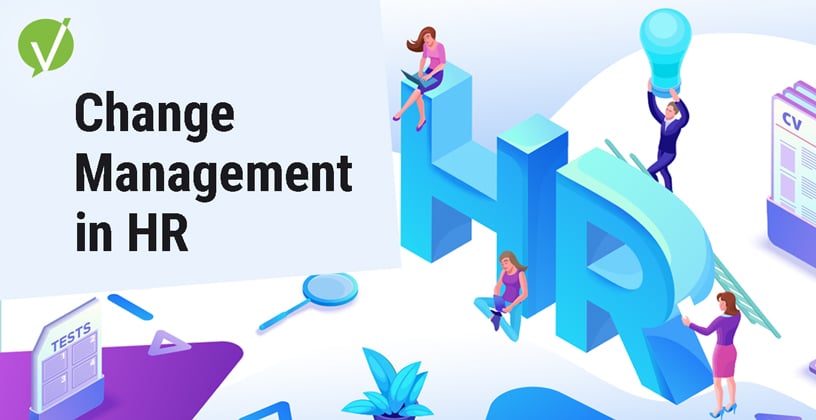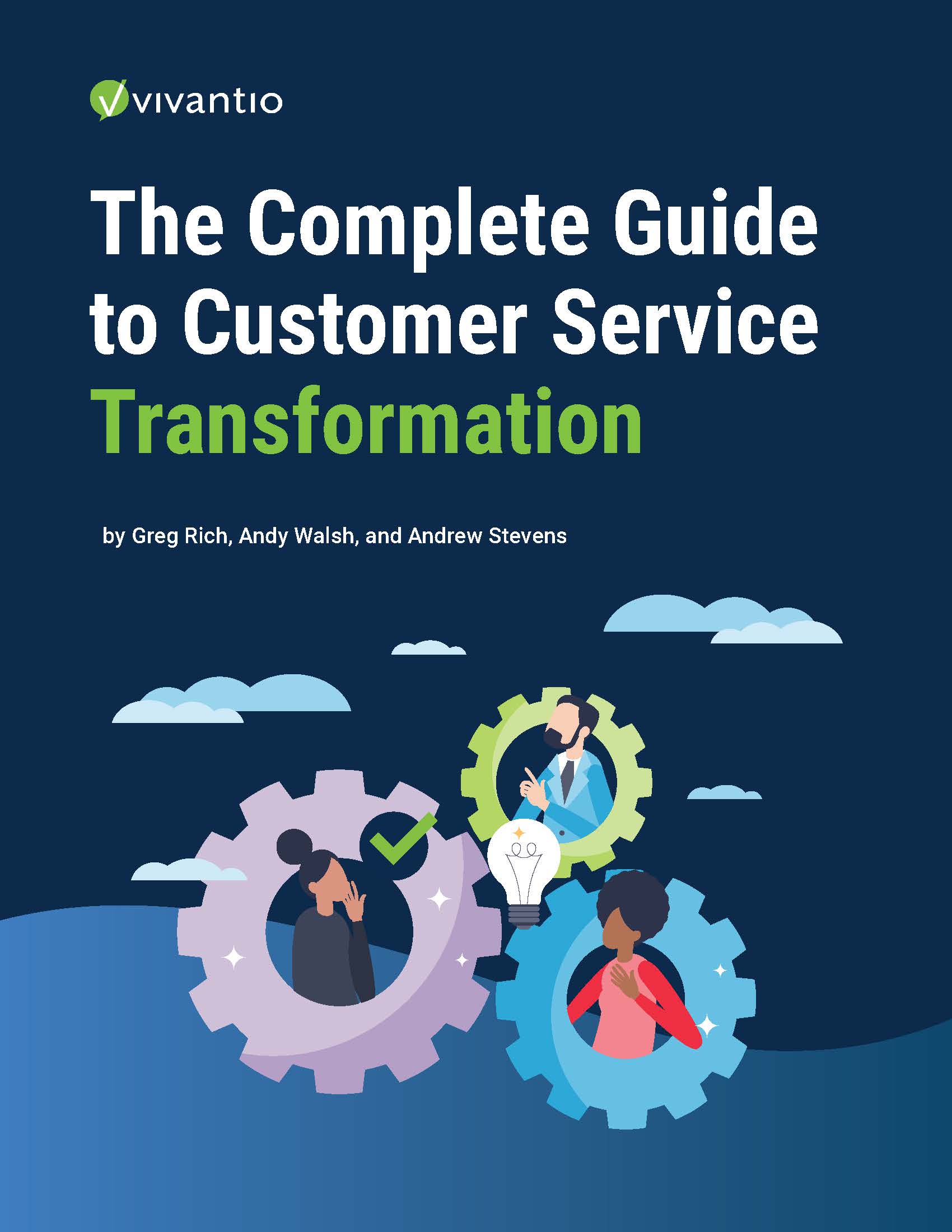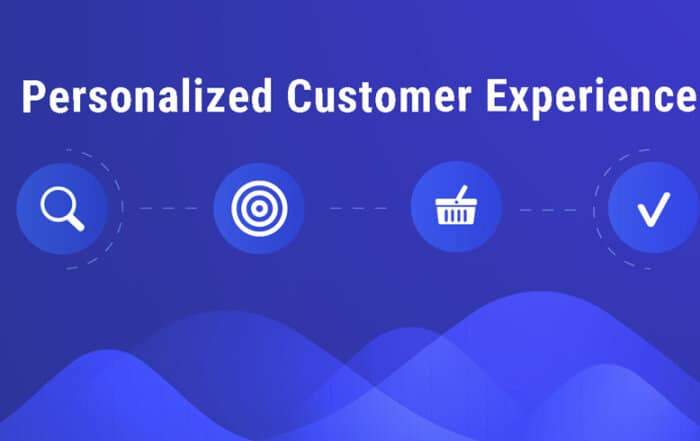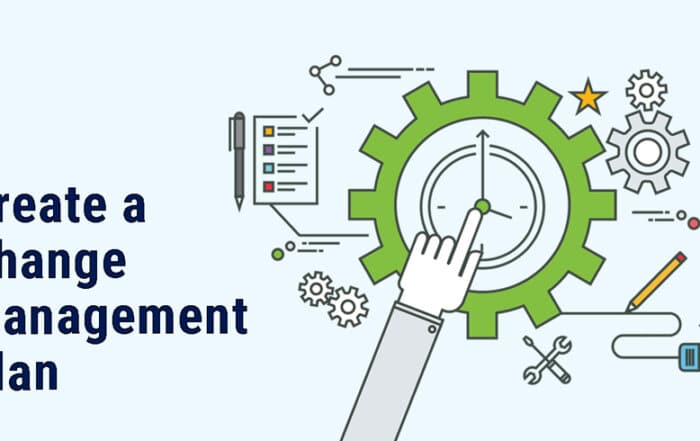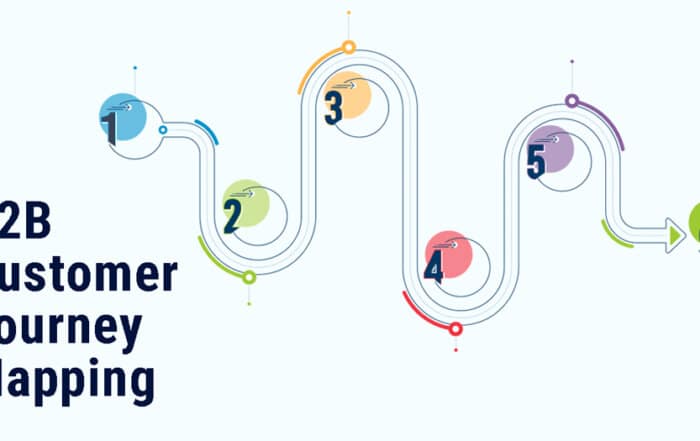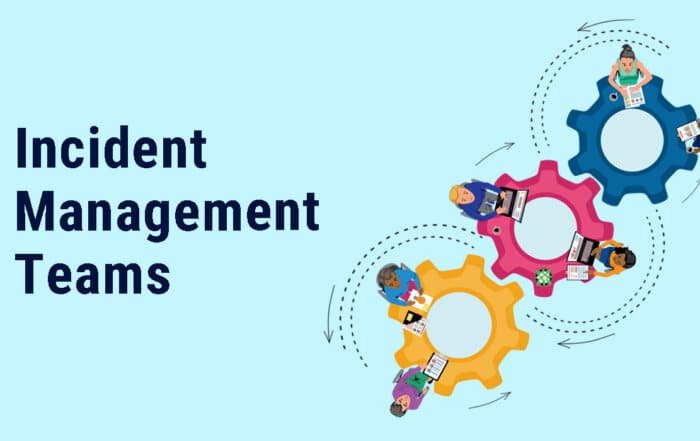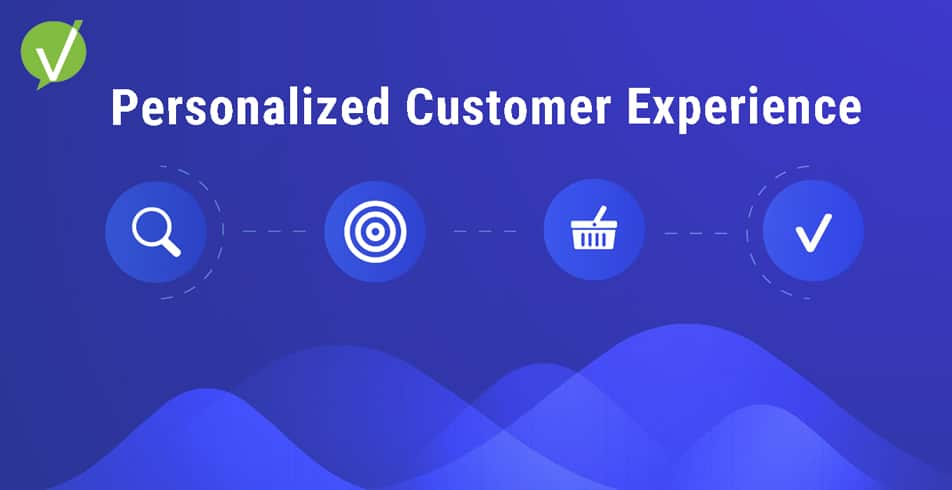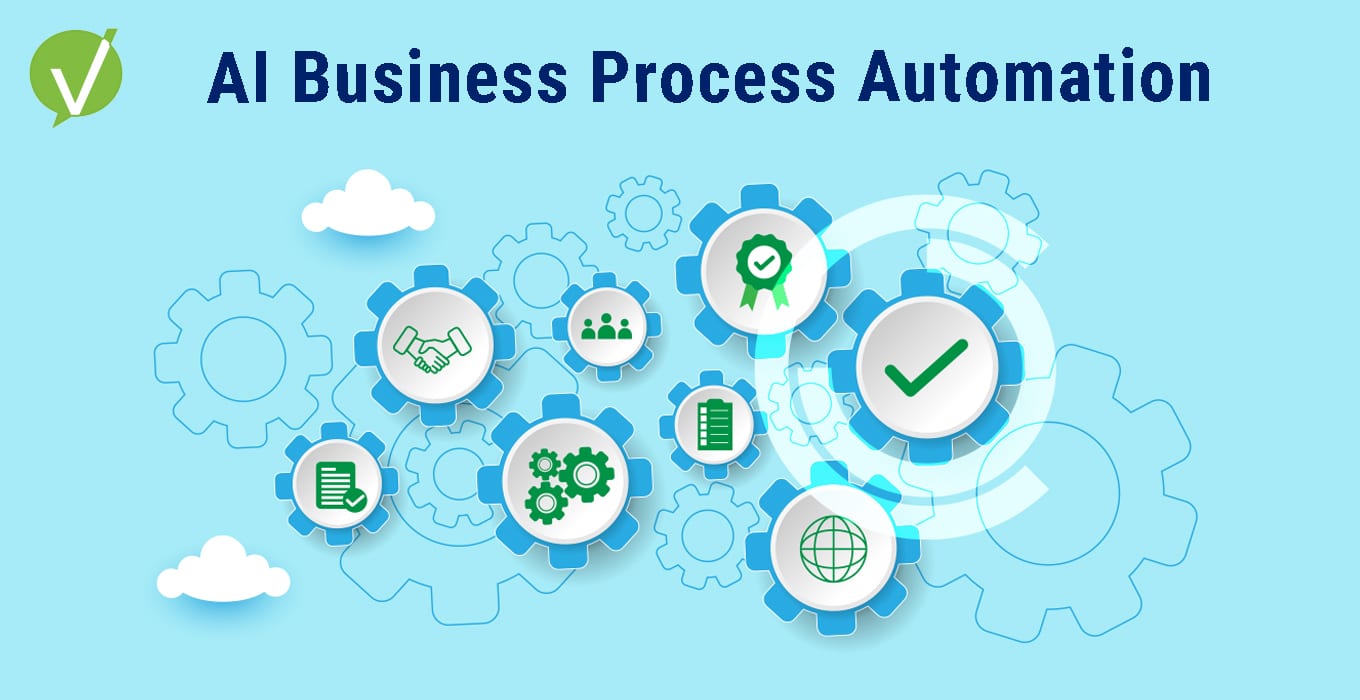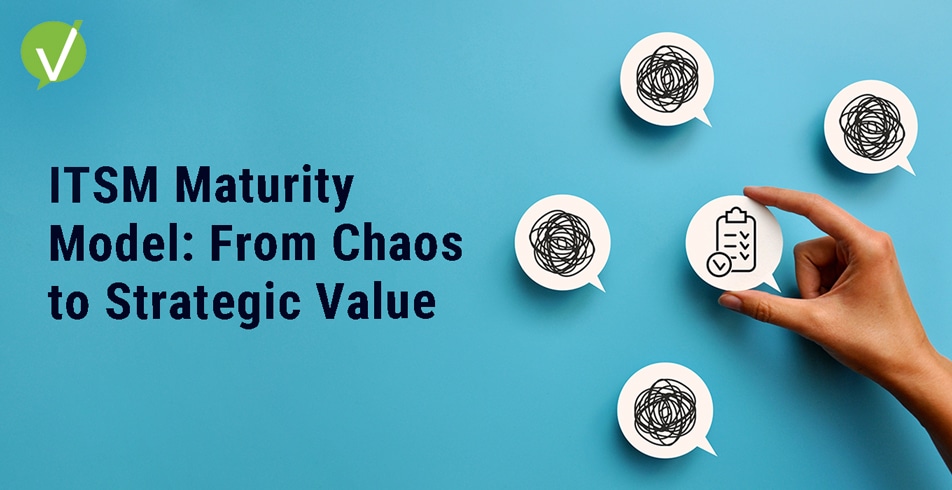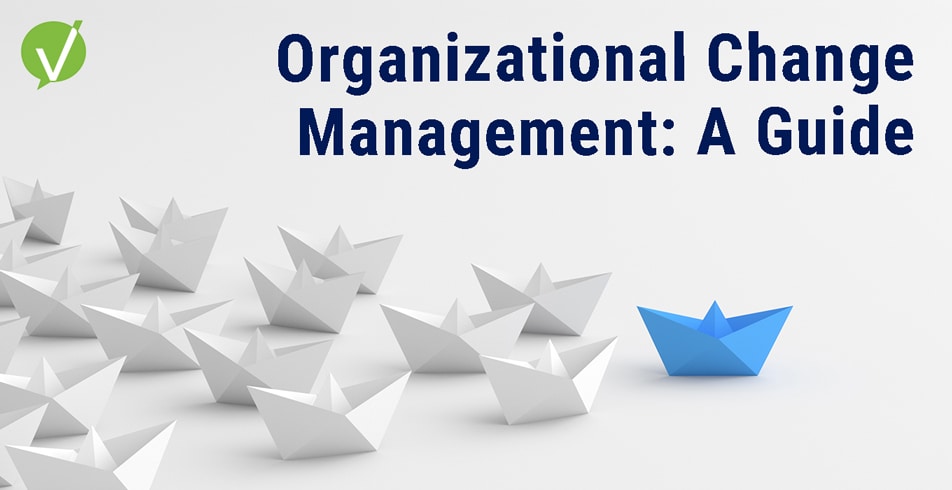What is Change Management in HR: Navigating Organizational Transformation
Introduction
Organizations must be prepared to adapt and change to remain competitive. This is where change management in human resources (HR) comes in. Change management is the process of planning, implementing, and guiding organizational change. It is crucial to ensure that employees are engaged and on board with the changes to achieve desired outcomes smoothly.
HR professionals and teams play a critical role in successful change management. They oversee and implement initiatives to guide the organization through transformation effectively. Their experience and expertise in performance management, talent development, employee engagement, and culture shaping make them adept at navigating change.
This article will explore the importance of change management in HR and how HR professionals and teams can drive successful organizational transformation. It will also delve into the various initiatives and strategies that HR departments can employ to implement change successfully.
Key Takeaways
- Change management in HR assists organizations in guiding transformation and achieving desired outcomes smoothly.
- HR professionals and teams have a critical role to play in guiding the organization through change management.
- Performance management, talent development, employee engagement, and culture shaping are key skills in navigating change.
- HR departments can employ various initiatives and strategies to implement change successfully.
- Change management in HR is a crucial element for organizations to remain competitive in today’s fast-paced business environment.
The Role of HR in Change Management: Driving Effective Transitions
The role of human resources in change management is multifaceted, and the integration of software solutions can significantly enhance this process. HR professionals are tasked with assessing the impact of change on employees, defining the scope of change management, identifying potential risks and opportunities, and providing crucial support and guidance throughout the transition process.
Software can assist by enabling data analysis to assess the impact of change, identifying risks and opportunities through data-driven insights, and streamlining these critical assessments.
Effective communication is another essential aspect of HR’s role in change management. HR must ensure that employees understand the changes, the reasons behind them, and the expected outcomes. This involves creating a comprehensive plan for change communication, identifying key stakeholders, and establishing feedback mechanisms
Lastly, HR must take a leadership role in creating a supportive culture that embraces change. This includes fostering a sense of urgency, encouraging innovation, and instilling a shared vision that aligns with the company’s objectives.
Implementing Change: HR’s Key Initiatives and Strategies
Implementing change can be a daunting task, but HR departments play a crucial role in ensuring it is executed effectively. By employing various proven initiatives and strategies, as outlined in the table below, HR can guide the organization through transformative changes with minimal resistance.
These strategies, enhanced by software solutions, empower HR to facilitate communication, provide essential training and development support, foster a supportive culture, and coordinate change management teams effectively, ultimately driving organizational growth and success.
Area |
Description |
Software Solution |
|---|---|---|
| Communication | Clear and open communication between HR and employees is essential. HR can create a communication plan outlining the rationale and benefits of the change. Regular updates and feedback sessions are crucial. |
|
| Training and Development | Training and development are vital for a successful change initiative. HR conducts training needs assessments and provides access to training resources. Support during adaptation is essential. |
|
| Creating a Supportive Culture | A supportive organizational culture is key to change success. HR fosters a culture that embraces change, encourages employee involvement, and recognizes contributions. |
|
| Change Management Teams | HR creates dedicated Change Management Teams with members from different departments to oversee the change. Responsibilities include progress monitoring and barrier resolution. |
|
By incorporating software solutions in these areas, HR departments can effectively implement change, enhance communication, streamline training, foster a positive culture, and ensure coordinated efforts among change management teams, ultimately driving organizational growth and success.
Project Management and Change Management: Synergies and Collaboration
As organizations embark on transformative journeys, the synergy between HR teams and project managers emerges as an indispensable force. Both project management and change management share a common objective — delivering successful outcomes. Their harmonious alignment not only augments the likelihood of success but also plays a pivotal role in orchestrating smooth transitions. In this collaborative venture, HR teams shoulder critical responsibilities in ensuring stakeholder clarity, defining project objectives, nurturing essential competencies, and proactively addressing roadblocks.
Alongside project managers, they monitor change progress and foster an environment of transparent communication, open dialogue, and constructive feedback. This cohesive partnership, driven by their respective expertise, becomes the bedrock upon which organizations build the foundations of effective change, aiming for minimal disruption and maximum impact.
HR Team’s Role in Project Management:
- Ensure stakeholders understand their roles and responsibilities.
- Define and communicate clear project goals.
- Identify required skills and competencies for project success.
- Facilitate access to training and development programs.
- Identify potential roadblocks and devise solutions.
Collaboration for Change Progress:
- Regular meetings and project status reports.
- Thorough assessment of change process progress.
- Collaboration on solutions to emerging issues.
- Establishment of effective communication channels.
- Cultivation of a culture of transparency and open discussion.
Overall Collaboration Impact:
- Rational collaboration between HR and project managers.
- Leveraging unique expertise.
- Effective change implementation with minimal disruption.
- Maximizing the impact of change initiatives.
By delineating these key roles, organizations can ensure that HR teams and project managers work together seamlessly to drive successful change initiatives with clarity, effective communication, and efficient problem-solving.
The Future of Change Management in HR: Adapting to an Evolving Landscape
In the rapidly evolving business landscape, HR professionals must proactively harness technology to stay at the forefront of effective change management. As change becomes an ever-present challenge, HR departments need to embrace a diverse skill set and leverage software solutions that enhance their capacity to lead successful change initiatives.
HR’s role in change management is evolving and expanding, with organizations increasingly relying on HR to navigate transformational shifts. HR professionals must not only implement new initiatives but also possess a deep understanding of organizational dynamics, bolstered by the capabilities of modern software tools.
Effective change management in HR is more than just a procedural change—it’s about understanding and motivating individuals and teams towards a shared goal. HR professionals need robust communication and leadership skills alongside data analysis proficiency, harnessing software solutions to support data-driven decision-making.
The advent of cutting-edge technologies such as AI and automation is revolutionizing HR and change management. HR professionals must adapt to these innovations, incorporating them into their change management strategies for greater efficiency and effectiveness.
For more than two decades, Vivantio has been helping HR professionals adopt a dynamic and agile approach to change management. By staying informed about emerging trends and technology, HR departments can drive organizational transformation, ultimately creating a sustainable competitive advantage. To find out how Vivantio can help you improve your change management, contact our team today or register for a free demo.
